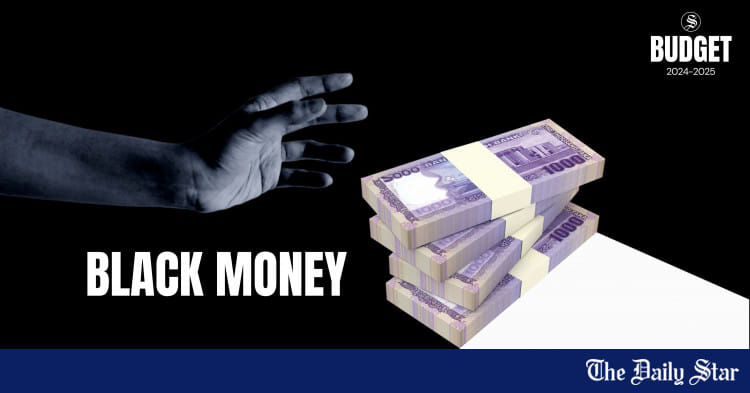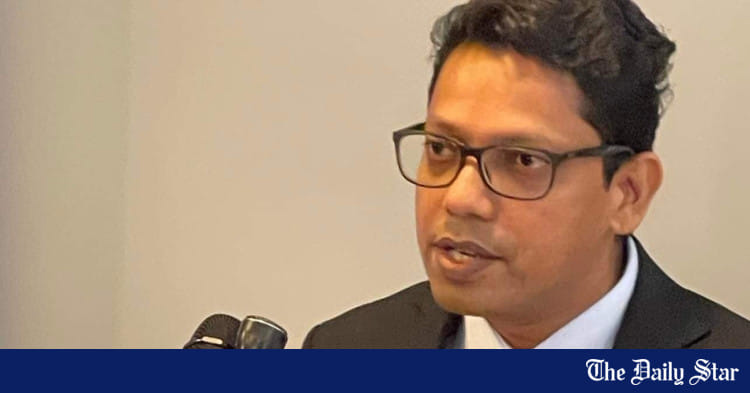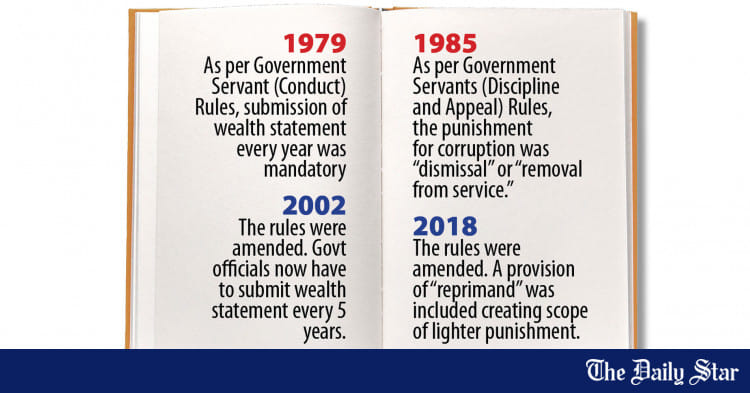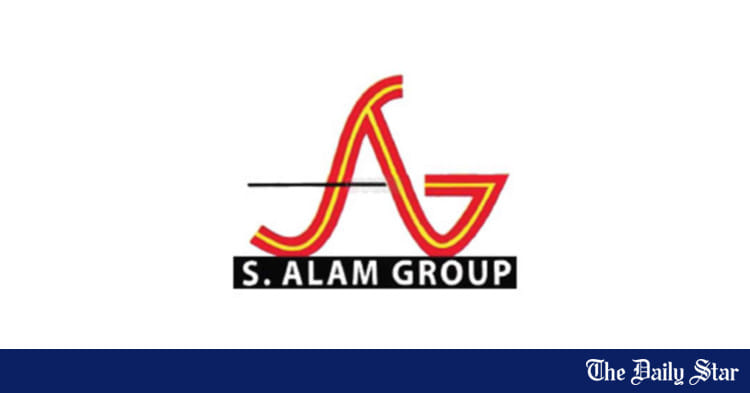- Copy to clipboard
- Thread starter
- #106
Saif
Senior Member
- Jan 24, 2024
- 11,538
- 6,446
- Origin

- Residence

- Axis Group


Whitening black money: 3 MPs slam govt for keeping the provision
Two ruling Awami League MPs and a Jatiya Party MP today in parliament criticised the government for keeping the provision of whitening the black money in the proposed budget for 2024-25 fiscal
Whitening black money: 3 MPs slam govt for keeping the provision

Two ruling Awami League MPs and a Jatiya Party MP today in parliament criticised the government for keeping the provision of whitening the black money in the proposed budget for 2024-25 fiscal.
They are Pran Gopal Datta from Cumilla-7, former health minister Zahid Maleque from Manikganj-1, and reserved seat JP MP Nurun Nahar Begum.
"As a taxpayer I have to pay more than 30 percent tax if I have Tk 30 lakh. But the person who did not show the money last year is legitimising that undisclosed income by paying 15 percent tax. This will make the taxpayers reluctant to pay taxes," Pran Gopal Datta said.
Datta, a physician and former VC of Bangabandhu Sheikh Mujib Medical University, said, "We always talk about black and white money. But informal grey-money to tax evasion in the informal economy that is not taxed and cannot be controlled in any position."
He said the finance minister did not say anything about grey money in the budget speech.
"Grey-money is worse than undisclosed income. Money laundering cannot be stopped unless it is curtailed," Datta also said.
Often associated with activities such as tax evasion and money laundering, grey money refers to funds that are obtained via legal means but are not fully reported or taxed.
Zahid Maleque, also a former health minister, said they don't want the provision of whitening the black money in the proposed budget.
"We will have to curb corruption and tax rate to reduce black money," he added.
He said it is the while-collar people, not the low-income ones or industrialists who create black money.
Jatiya Party MP Nurun Nahar Begum said with the provision of whitening the black money, many criminals will be able to whiten black money in the country, besides laundering those abroad.
Two ruling Awami League MPs and a Jatiya Party MP today in parliament criticised the government for keeping the provision of whitening the black money in the proposed budget for 2024-25 fiscal.
They are Pran Gopal Datta from Cumilla-7, former health minister Zahid Maleque from Manikganj-1, and reserved seat JP MP Nurun Nahar Begum.
"As a taxpayer I have to pay more than 30 percent tax if I have Tk 30 lakh. But the person who did not show the money last year is legitimising that undisclosed income by paying 15 percent tax. This will make the taxpayers reluctant to pay taxes," Pran Gopal Datta said.
Datta, a physician and former VC of Bangabandhu Sheikh Mujib Medical University, said, "We always talk about black and white money. But informal grey-money to tax evasion in the informal economy that is not taxed and cannot be controlled in any position."
He said the finance minister did not say anything about grey money in the budget speech.
"Grey-money is worse than undisclosed income. Money laundering cannot be stopped unless it is curtailed," Datta also said.
Often associated with activities such as tax evasion and money laundering, grey money refers to funds that are obtained via legal means but are not fully reported or taxed.
Zahid Maleque, also a former health minister, said they don't want the provision of whitening the black money in the proposed budget.
"We will have to curb corruption and tax rate to reduce black money," he added.
He said it is the while-collar people, not the low-income ones or industrialists who create black money.
Jatiya Party MP Nurun Nahar Begum said with the provision of whitening the black money, many criminals will be able to whiten black money in the country, besides laundering those abroad.















